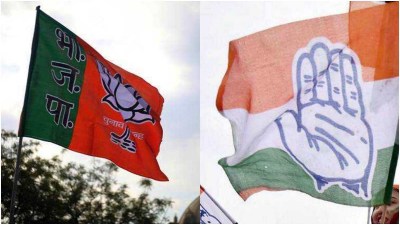-
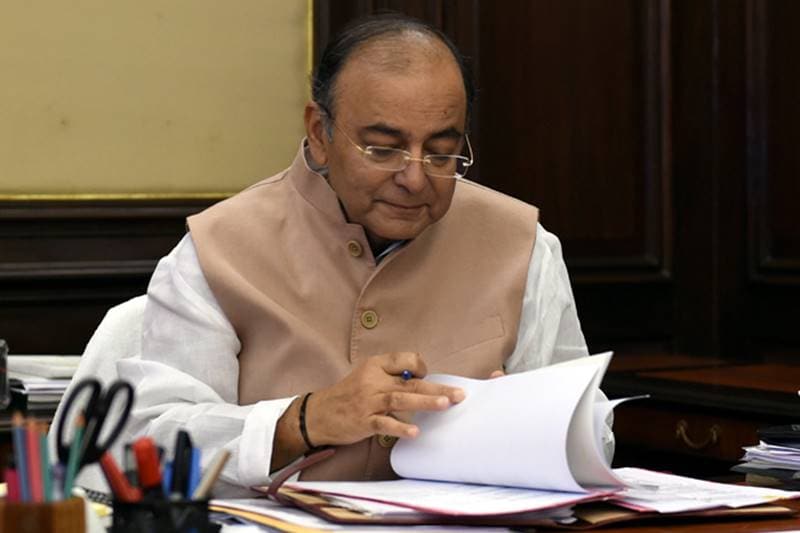
7th Pay Commission report on pension and pay: With absence of an explicit overall provision for the 7th Pay Commission in FM Arun Jaitley's Budget 2016 raising questions, government clarified said the once-in-a-decade pay hike has been built in as interim allocation for different ministries and Budget numbers were credible. Implementation of the 7th Pay Commission report is to cost the government Rs 1.02 lakh crore. (PTI)
-
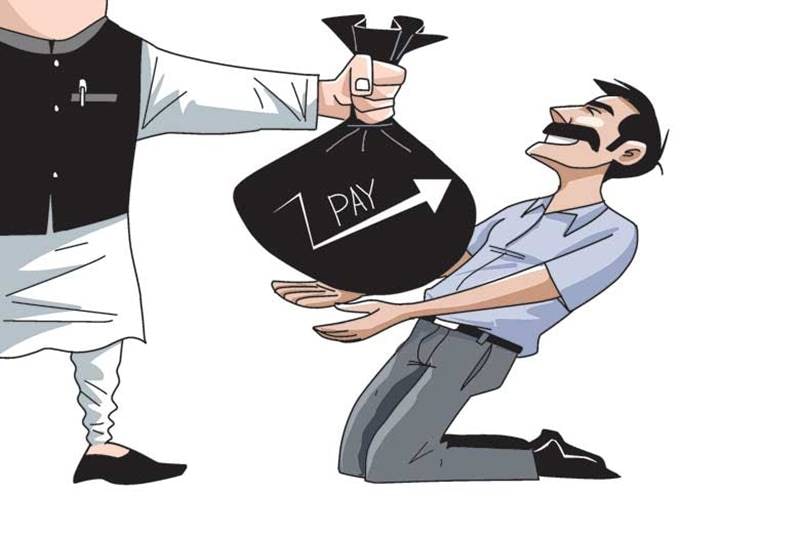
7th Pay Commission report on pension and pay: The voluminous Budget documents state that "the implementation of the 7th Pay Commission due from January 1, 2016 is to be implemented during the financial year 2016-17 as also the revised One Rank One Pension (OROP) scheme for Defence services."
-
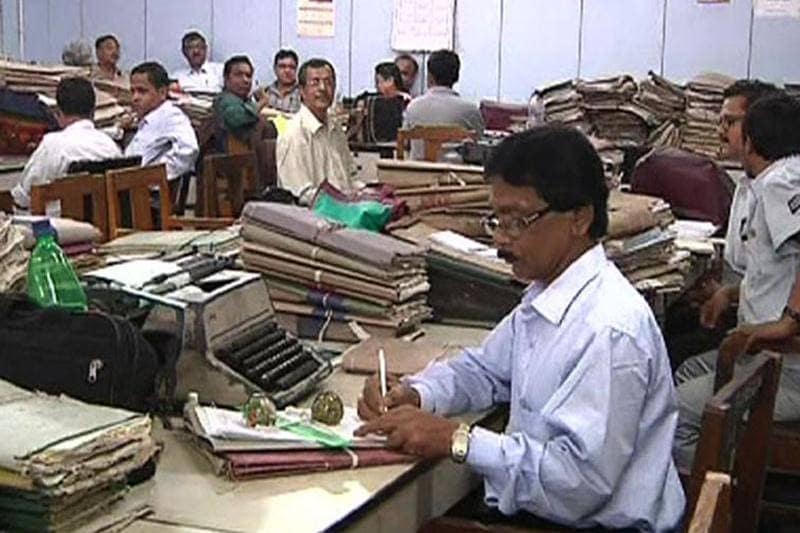
14. Income tax exemption limit: National Pension Scheme (NPS) – Beyond the investments allowed under section 80C, section 80CCD(1A)and section 80CCE allows further deduction of contribution towards New Pension Scheme (NPS). This contribution is available in two portions: employee and employer. (PTI)
-

7th Pay Commission report on pension and pay: "We have the Pay Commission recommendations with us, we have analysed the likely requirement and it has been built into the Budget of various ministries. Some suitable interim provisions have been made," he said without elaborating. "Hence the expenditure and revenue numbers are credible." Das said Finance Minister Arun Jaitley in his Budget speech stated that interim provisions have been made. "And these provisions are there in the Demands for Grants for individual departments and ministries. It is built into and subsumed into those allocations."
-
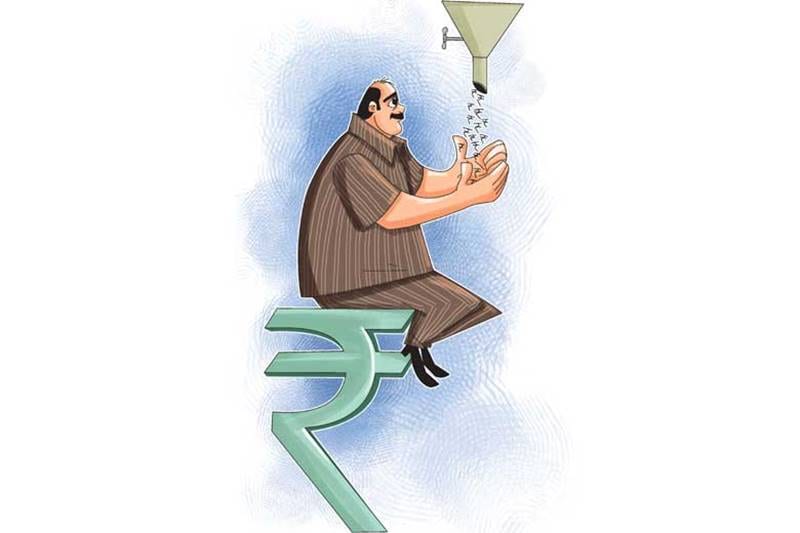
7th Pay Commission report on pension and pay: "The Budget reaffirmed the commitment of the government to continue with the process of fiscal consolidation as projected in the Medium Term Fiscal Policy Statement of 2015-16 despite a tough external environment," the documents said.
-
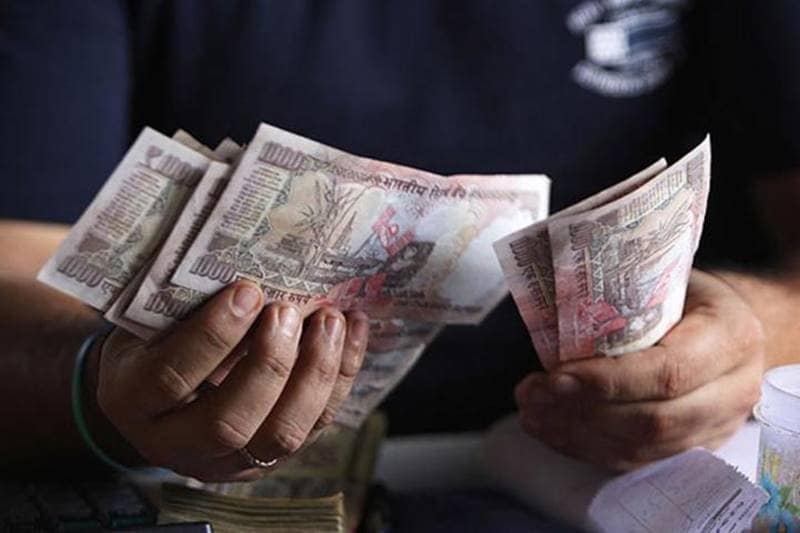
7th Pay Commission report on pension and pay: Accordingly, fiscal deficit has been projected at 3.5 per cent of GDP in 2016-17. "In accordance with the amended FRBM targets, the fiscal deficit of 3 per cent is projected to be achieved in 2017-18 onwards. Keeping in view the challenge of reduction of fiscal deficit by 0.4 per cent of GDP in a difficult year in 2016-17 with substantial additional liabilities on pay revision etc, the government is quite optimistic of fully achieving the fiscal deficit target of 3 per cent or below by March 2018," the documents said. (Reuters)

Steve Jobs’ 10-minute rule which made him smarter, approved by a Cambridge neuroscientist




